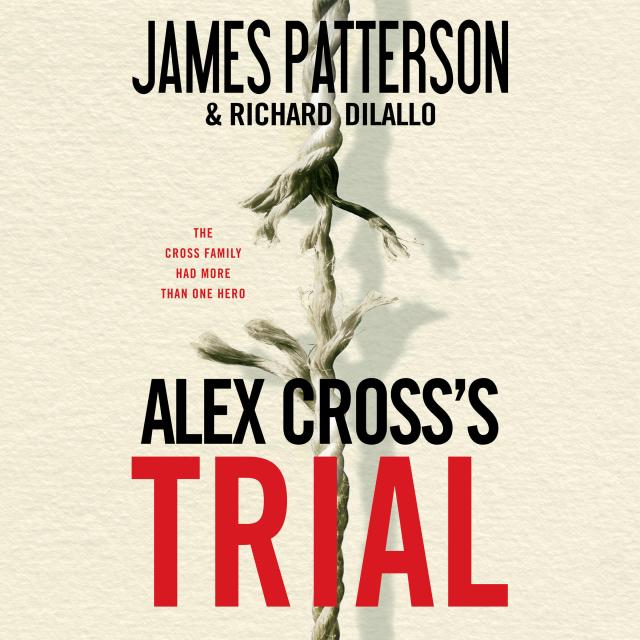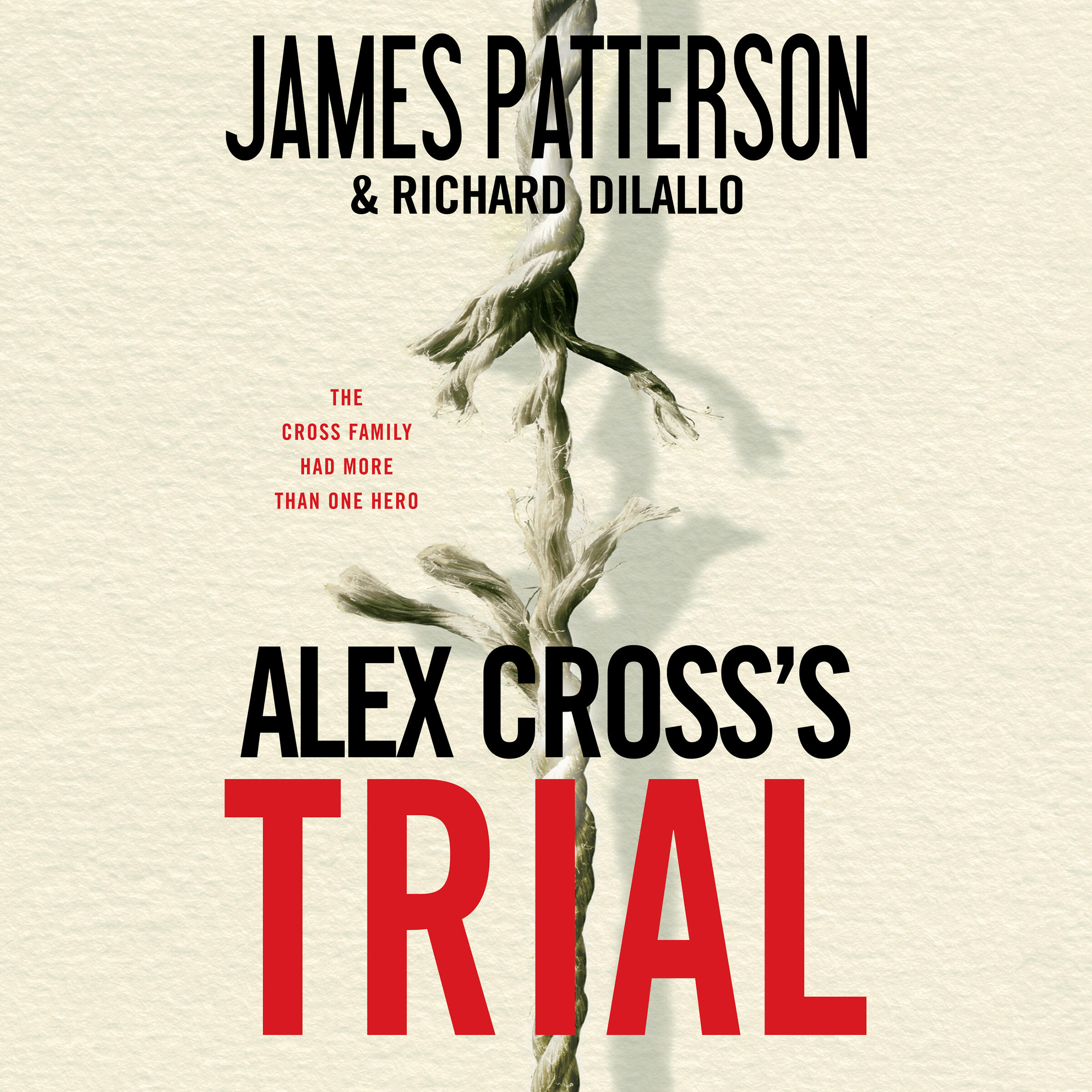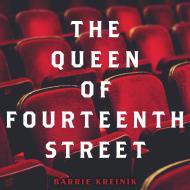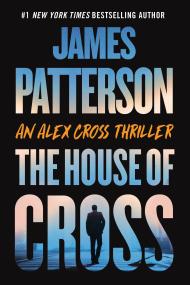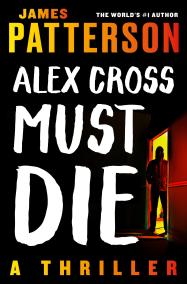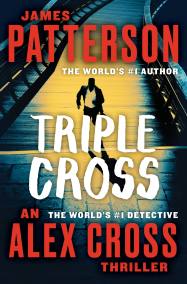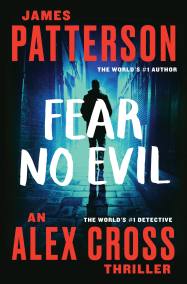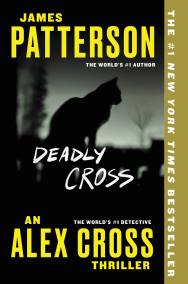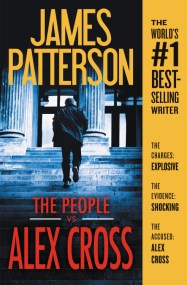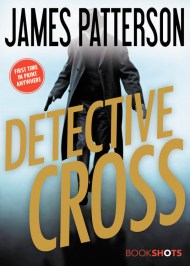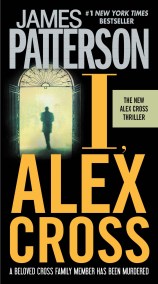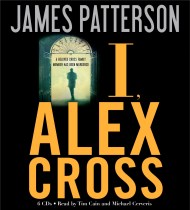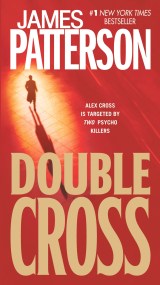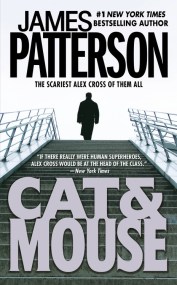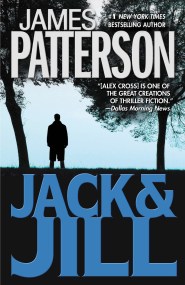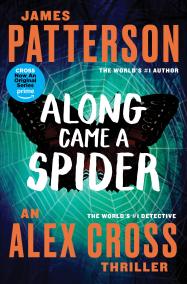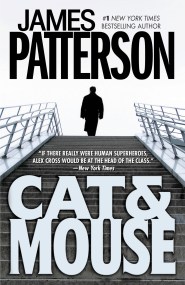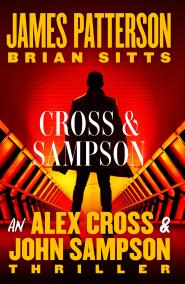By clicking “Accept,” you agree to the use of cookies and similar technologies on your device as set forth in our Cookie Policy and our Privacy Policy. Please note that certain cookies are essential for this website to function properly and do not require user consent to be deployed.
Alex Cross’s TRIAL
Contributors
By Richard DiLallo
Read by Dylan Baker
Formats and Prices
- On Sale
- Aug 24, 2009
- Publisher
- Hachette Audio
- ISBN-13
- 9781600248542
Price
$27.99Format
Format:
- Audiobook Download (Unabridged) $27.99
- ebook $9.99 $12.99 CAD
- Hardcover (Large Print) $44.00 $55.00 CAD
- Hardcover $40.00 $50.00 CAD
- Trade Paperback $19.99 $25.99 CAD
- Mass Market $10.99 $13.99 CAD
This item is a preorder. Your payment method will be charged immediately, and the product is expected to ship on or around August 24, 2009. This date is subject to change due to shipping delays beyond our control.
Buy from Other Retailers:
The details of Ben’s harrowing story–and his experiences with a remarkable man named Abraham Cross–were passed from generation to generation, until they were finally recounted to Alex Cross by his grandmother, Nana Mama. From the first time hear heard the story, Alex was unable to forget the unimaginable events Ben witnessed in Eudora and pledged to tell it to the world. Alex Cross’s Trial is unlike any story Patterson has ever told, but offers the astounding action and breakneck speed of any Alex Cross novel.
Genre:
Series:
-
"Dylan Baker, the core narrator, captures listeners with keen emphasis and pacing...His overall efforts-coupled with typical Patterson pacing and prose-will keep listeners hooked."Publishers Weekly
Newsletter Signup
By clicking ‘Sign Up,’ I acknowledge that I have read and agree to Hachette Book Group’s Privacy Policy and Terms of Use
